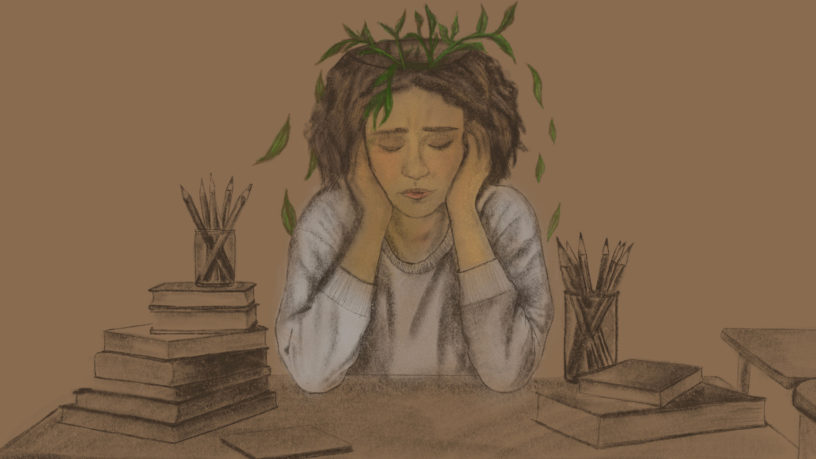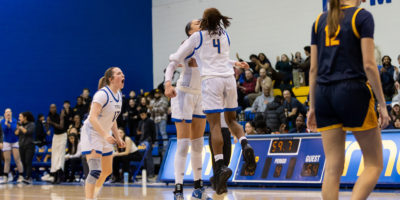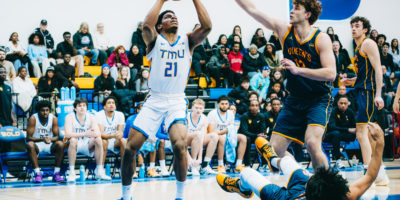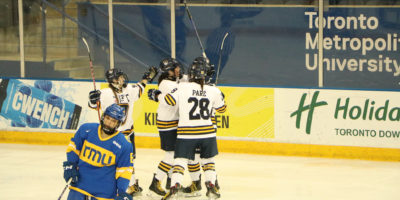By Zahara Khalid
It was a crisp spring day during middle school recess when I received a call my 13-year-old self never thought I’d get. Clutching my phone tightly, pressed firmly against my cheek, I hesitantly answered. My heart pounded for what felt like an eternity before soaring upon hearing the words, “You got in!” My mom’s voice crackled with pride on the other end of the line as tears streamed down my face. That day marked the pinnacle of my achievements as a child—I was accepted into a competitive specialized high school for visual arts. It was the first time I felt truly validated as a young artist.
As I walked through the halls of the new school, excitement and apprehension filled my being. But when Grade 10 rolled around, I realized the path that lay ahead was tumultuous, as the wounds from deep-seated childhood trauma began rearing their ugly heads and haunting my adolescence.
Growing up, I learned to carry the burden and weight of generational trauma and vicious cycles of abuse and was ultimately “parentified,” stepping into a caretaking role and being denied the privilege of innocence. Behind the mask of resilience, I buried my pain. This left large gaps in my memories of childhood—what I now know was my brain protecting itself. The gaps only began connecting in the midst of high school as the trauma clawed itself to the surface. The demands of school, both academically and socially, ripped through my carefully constructed armour, casting shadows over my days.
Despite my efforts to seek support from my school, the system failed me. Requests for accessibility and accommodations were met with bureaucratic indifference and ignorance, leaving me to navigate the maze of mental health challenges alone. Though I had made it clear I intended to attend university, I was pressured to enroll in ‘applied’ courses that would limit me to only colleges after graduation. My high school guidance counsellor’s advice—perhaps well-intentioned but harmfully misguided—cultivated doubt in my ability to thrive in a university setting and crushed my confidence. She simply didn’t think I could finish high school, let alone make it to university.
Unable to comprehend or empathize with the depth of my struggles, the few friends I had began drifting away, citing my “negativity” as the reason. I felt most let down by my teachers—adults I thought I could trust—especially my art mentors with whom I had built strong connections. I vividly remember the day when my photography teacher, someone I had looked up to and admired, made a comment that felt like a dagger to my heart. Feeling a panic attack erupting during class, I excused myself, explaining to her I was feeling unwell. The next day, she began her lecture with a declaration that this was a “positive classroom” and students should leave their “bad feelings at the door.”
My worries went from will I graduate high school, to which of these five program offers do I accept?
I felt as if I was being punished for things out of my control, being treated as a ‘delinquent’ for doing my best to survive. During Grade 11, I made the difficult decision to drop out of the arts program and switch schools after a week-long admission in a psychiatry ward and months of being in crisis. A sense of loss engulfed me as I mourned the moments I felt I had missed. It seemed my dreams of a “normal” high school experience were shattered irreparably, along with the pride I felt for getting into the program.
The transition to a high school with an independent learning model brought a semblance of relief. Yet the scars remained, etched into the fabric of my being. The school’s holistic learning approach felt otherworldly compared to how my former school treated me.
The feeling of inadequacy still loomed large as I began carving my own path through the uncertainties of teenagehood, yearning for a sense of belonging that always seemed just out of reach. I sought solace in community and therapy, unravelling the tangled knots that bound my spirit through a journey of painful introspection.
Fueled by a fierce determination to prove my former guidance counsellor—and my own doubts—wrong, I forged ahead and took only ‘academic’ courses, set on being the second woman in my family to graduate from a university.
My teachers saw my potential and helped nurture me as an ambitious young adult set on changing the world. I no longer felt like a “bad seed” and started to heal my relationship with academia, one day at a time. As soon as I was in an environment that met my needs and fostered support from adults with an understanding of mental health, my confidence, and thus grades, rose greatly.
When I finally made it to the stage of university applications, I felt like my Grade 8 self all over again—doubtful and anxious but eagerly hopeful. One by one, the letters began piling with the words “Congratulations on your acceptance.” My worries went from will I graduate high school, to which of these five program offers do I accept? Once again, my mom and I shed tears of joy and celebrated—a moment I thought would never occur again.
But shortly after I stepped into university, the world plunged into chaos with the start of the COVID-19 pandemic. The familiar sense of isolation returned in a severely unprecedented way and it felt as though I was regressing.
This isn’t high school and thank fucking god for that
Amidst the struggle and fear, I clung to my loved ones and learned to understand my emotions, communicate my needs and appreciate their efforts to support me. I found fulfillment in helping others while using my lived experience. I began working at a non-profit mental health agency running workshops for youth, serving as a symbol of my growth. I also joined community advocacy groups and began contributing my time and labour to causes close to my heart.
In a weird way, online classes helped ease my transition into university life. Through the pixelated screen of Zoom, I began to challenge myself, turning on my camera, raising my hand and sharing my thoughts with newfound confidence. It wasn’t until my university classes resumed in-person that my classroom anxiety and self-doubt, along with struggles to take up space, crept back in.
After a few weeks of classes where I sat silently in the back corners, a revelation struck—this isn’t high school and thank fucking god for that. Separating university from my tainted notion of “school” helped me recognize the ways I could really thrive in this uncharted environment.
I threw myself in the unfamiliar terrain of university life, pushing past the boundaries of my comfort zone. Slowly but surely, I began to shed the cloak of self-doubt, embracing the tapestry of new experiences that came my way. Before I knew it, I was making the dean’s list, getting recognized for my work and stepping up as a leader in campus organizations, becoming a guiding resource for first and second-year students.
I find comfort in knowing it does get easier
There were, and still are, days where the wounds of the past threaten to drag me under. But while I know my mental health challenges and trauma won’t disappear, I find comfort in knowing it does get easier.
I also find pride in the tremendous distance I’ve travelled since high school. I don’t entirely disregard my secondary education—I’ve gained, perhaps prematurely, more than one could expect from a high school experience.
I’ve embraced the art of advocating for myself while not sacrificing my dreams, knowing when to seek support—while taking care of the younger me that still resides within—and nourishing my own spirit to find like-minded ones.
Now nearing the end of a bachelor’s degree at Toronto Metropolitan University, I carry the certainty that I can, probably, conquer any challenge the future inevitably holds.












Leave a Reply